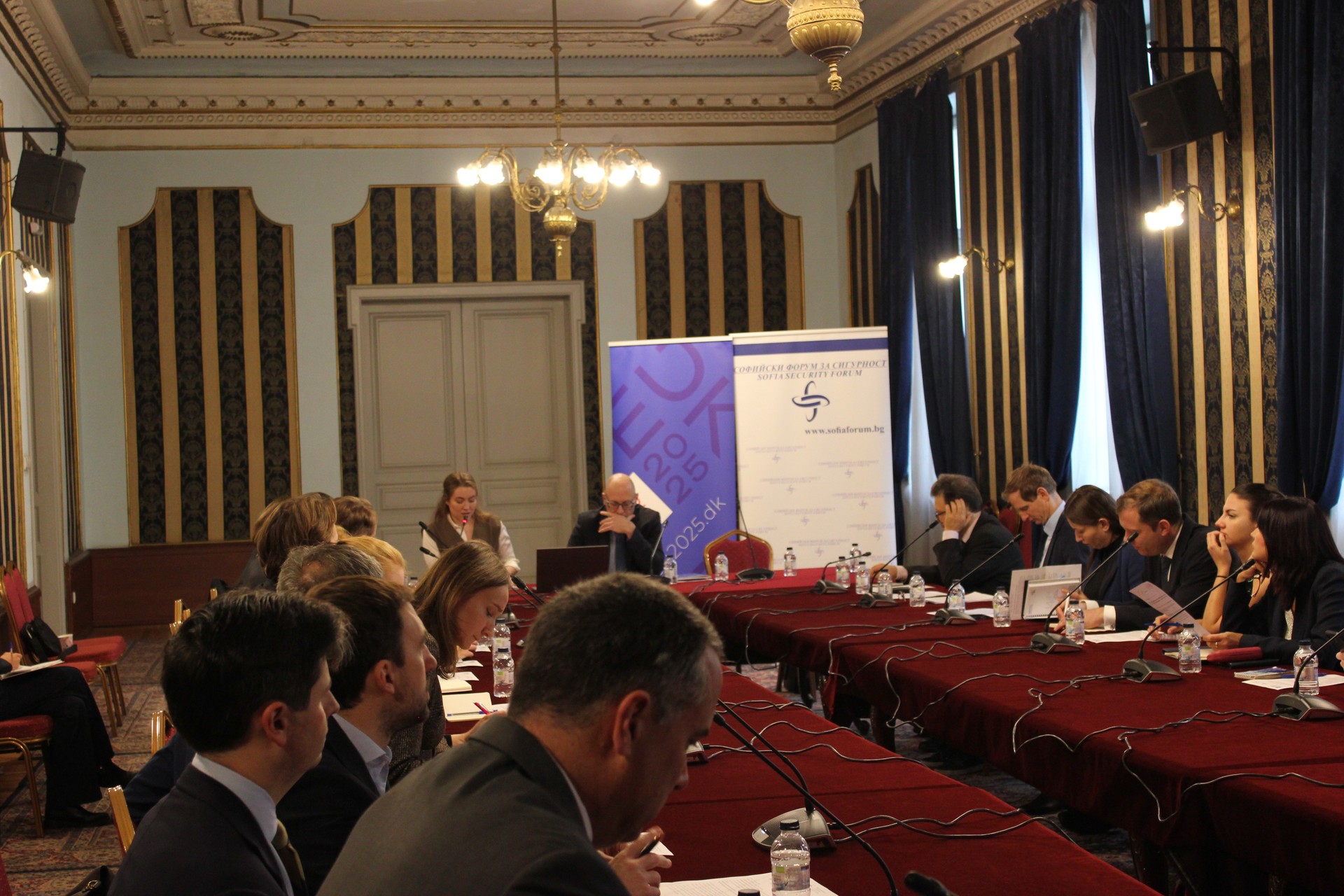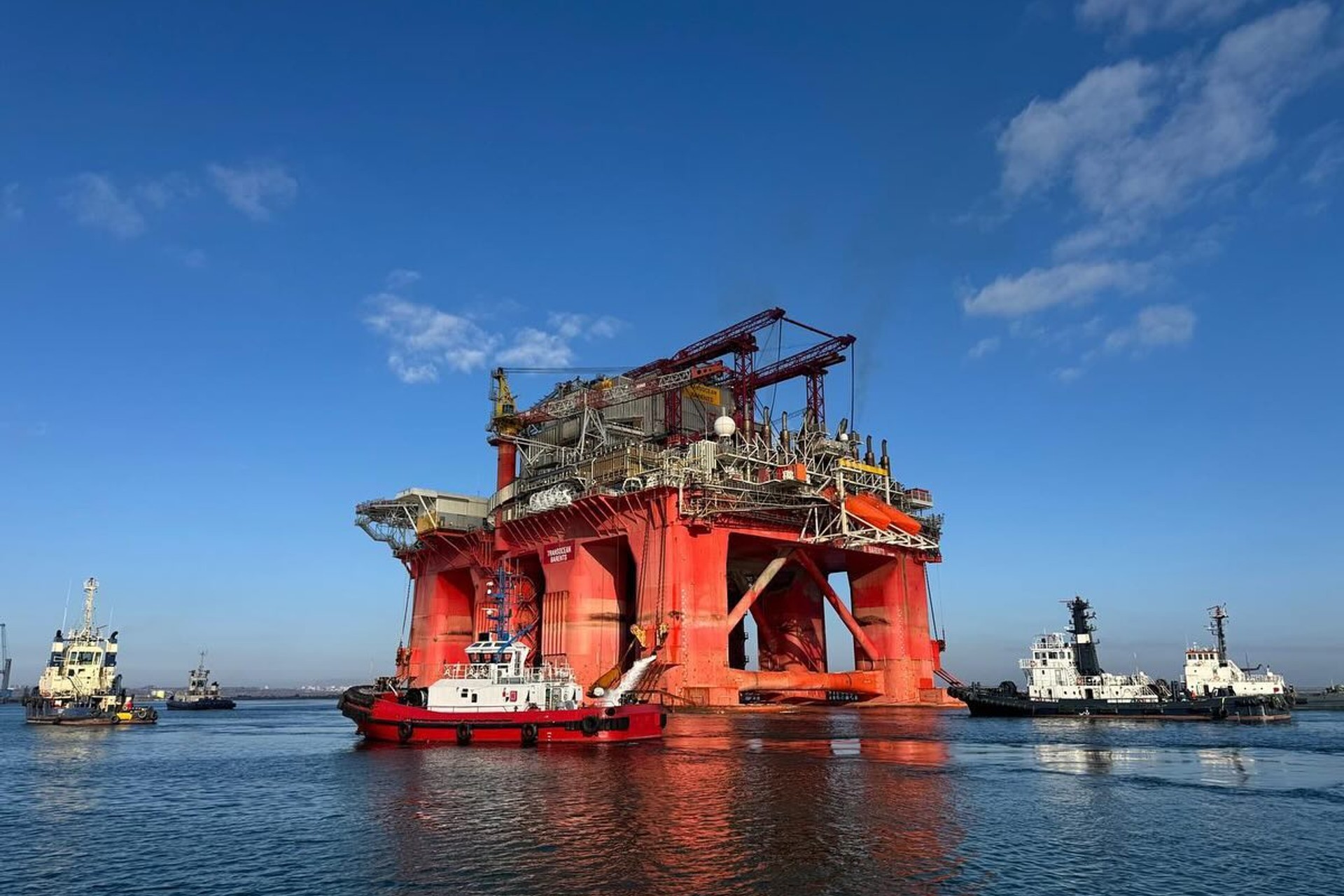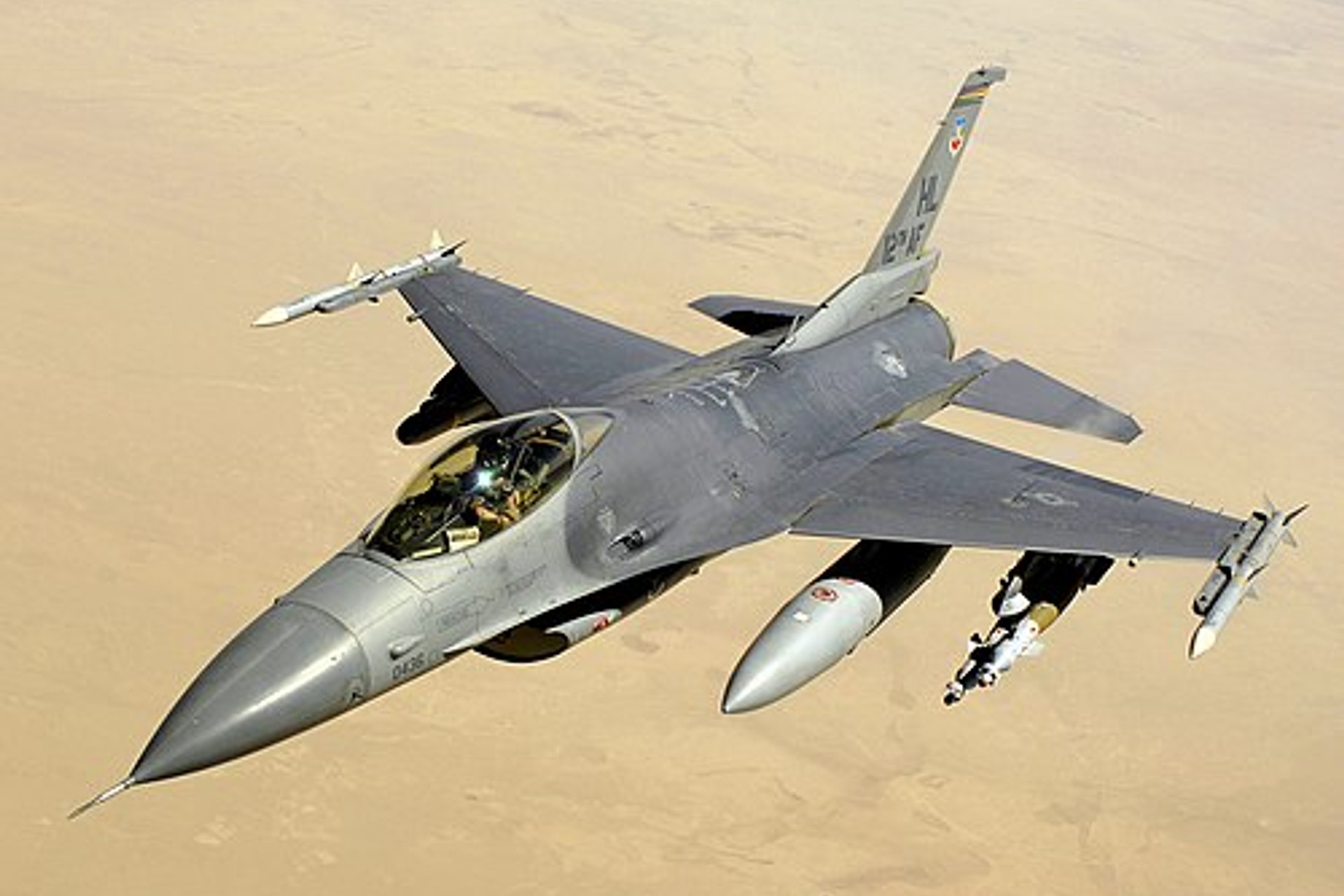Latest

Publications
REINVENTING THE TRANSATLANTIC RELATIONSHIP: THE US AND CANADA STRATEGIES TOWARD THE CRIMEA CRISIS
The Transatlantic relationship in the eve of the Crimea crisis Published in Security in the Black Sea region – shared challenges, sustainable future
Read More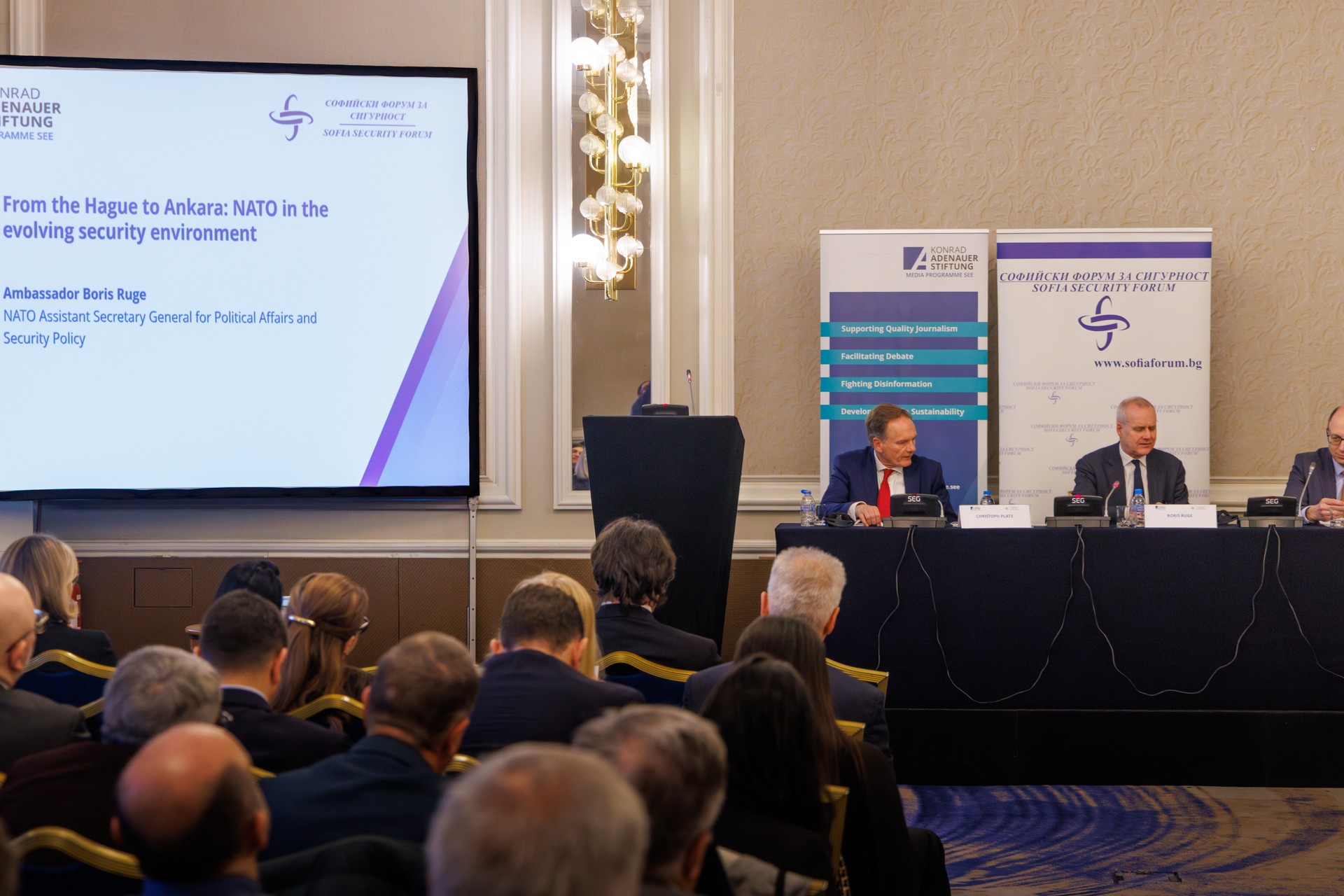
Events
STRATEGIC COMMUNICATIONS IN SOUTH-EAST EUROPE: THE WAY AHEAD
The Sofia Security Forum and the Media Program South East Europe of the Konrad Adenauer Foundation organized on 11 of December 2025 a regional conference to exchange knowledge, identify gaps, and chart a path forward for building stronger, more coherent, and more resilient Strategic communications ecosystems in SEE. In an age of rapid digital transformation, geopolitical volatility, and intensified information warfare, strategic communications (StratCom) has become an indispensable component of national resilience, democratic governance, and regional stability. Countries of South-East Europe (SEE) face a unique combination of challenges: low public trust in institutions, fragmented media environments, disinformation campaigns, and limited inter-institutional coordination. While progress has been made driven by EU, NATO, and donor-supported initiatives strategic communications capacities remain uneven, and often reactive rather than proactive. The conference launched a long-term project aimed at strengthening the role of Strategic Communications in SEE to overcome the above problems.
Read More
On Focus

ARMENIA AND NATO: A STRATEGIC PARTNERSHIP WITH SECURITY IMPLICATIONS FOR THE ENTIRE SOUTH CAUCASUS AND BEYOND
Experts and politicians met in Poland to discuss Armenia’s changing political stance, particularly in light of growing regional instability and its pivot to the West. NATO’s strategic role in the South Caucasus, prospects for deepening cooperation with Armenia, and shared challenges in countering Russian influence were discussed. Special attention was paid to the dynamics of Turkish-Armenian relations and their implications for regional security. The forum aimed to foster an informed dialogue to connect NATO and Armenia through diplomacy, resilience, and strategic alignment.
Brief

The need for a new National Security Strategy, the Russian threat and the role of the services
A national security strategy is necessary because it assesses the security environment and defines the country's key interests and policies.
Brief
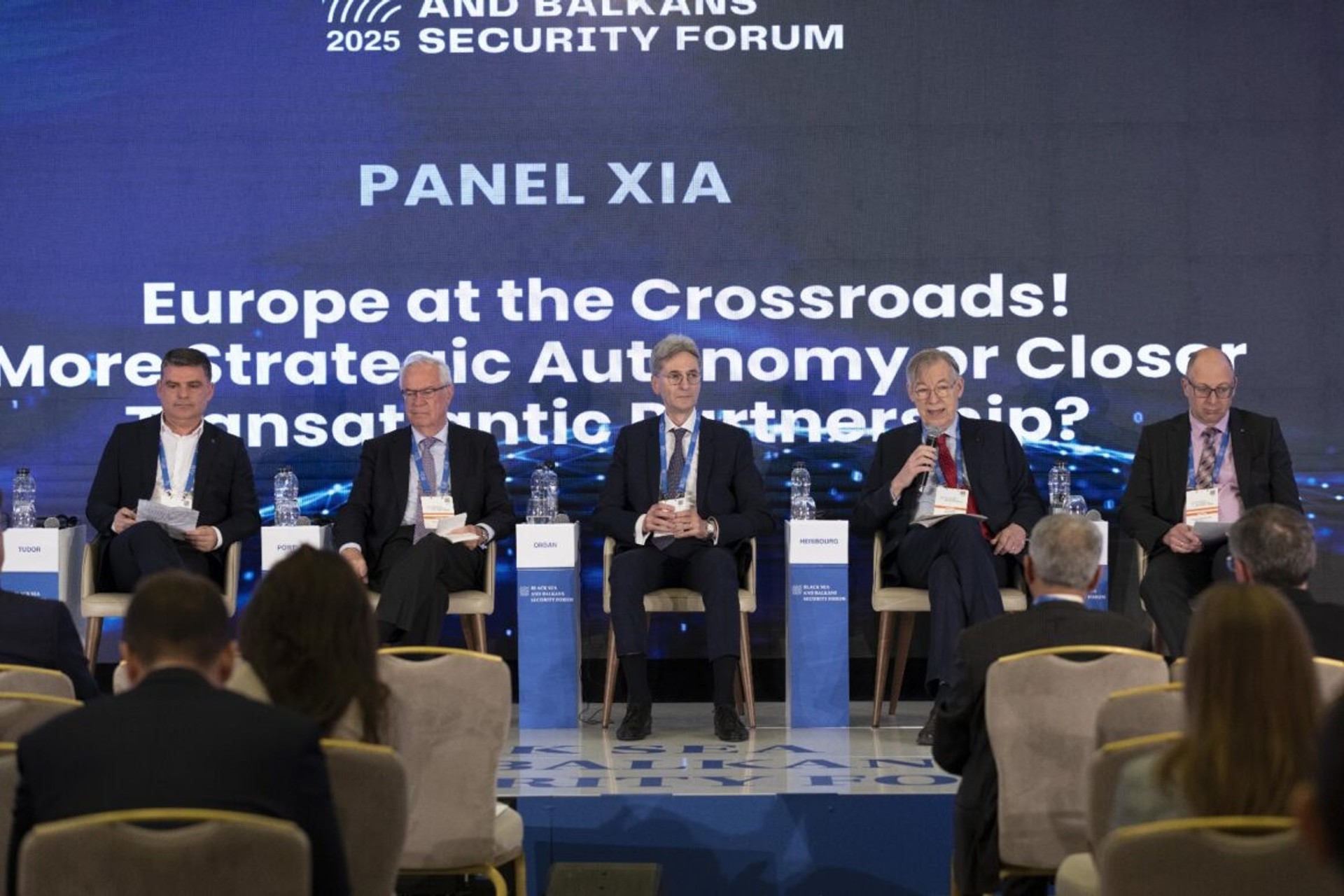
TRANSATLANTIC RELATIONS
Speech of Mr. Yordan Bozhilov at the Black Sea and Balkans Security Forum, Romania 22-23 May, 2025
Brief

CRITICAL OFFSHORE ENERGY INFRASTRUCTURE VERSUS HYBRID THREATS. HOW CAN WE IMPROVE RESILIENCE
Speaking notes of Mr. Yordan Bozhilov at the Black sea and Balkans Security Forum, Romania 22-23 May, 2025
Brief

